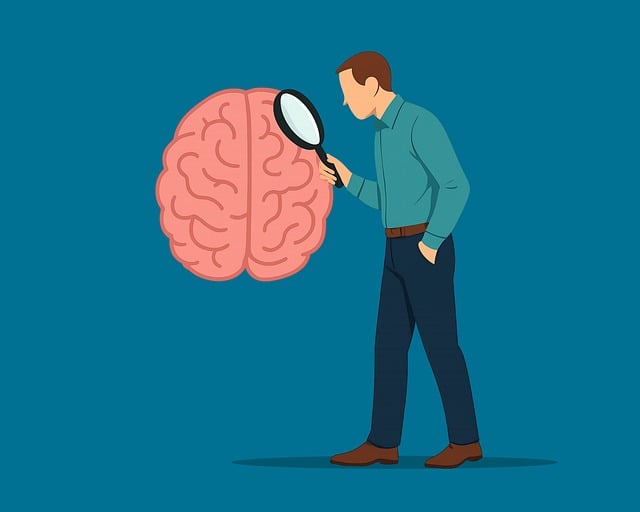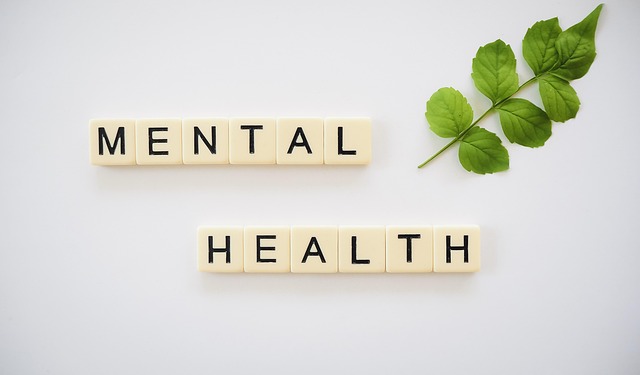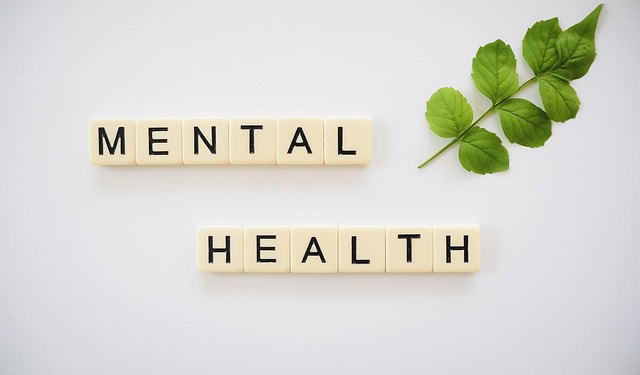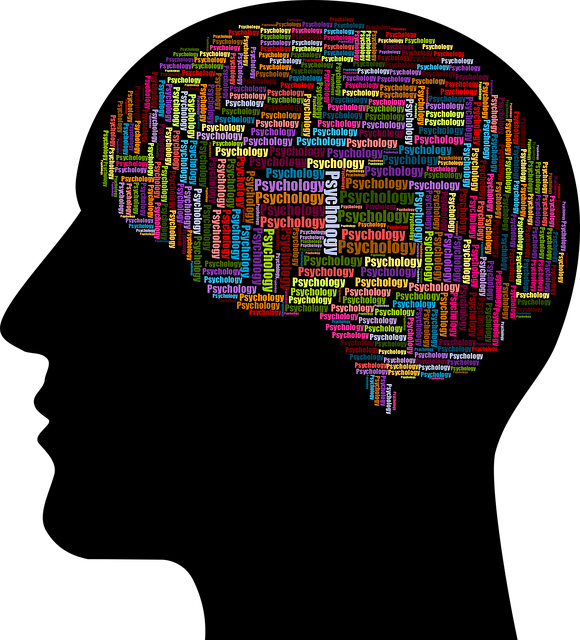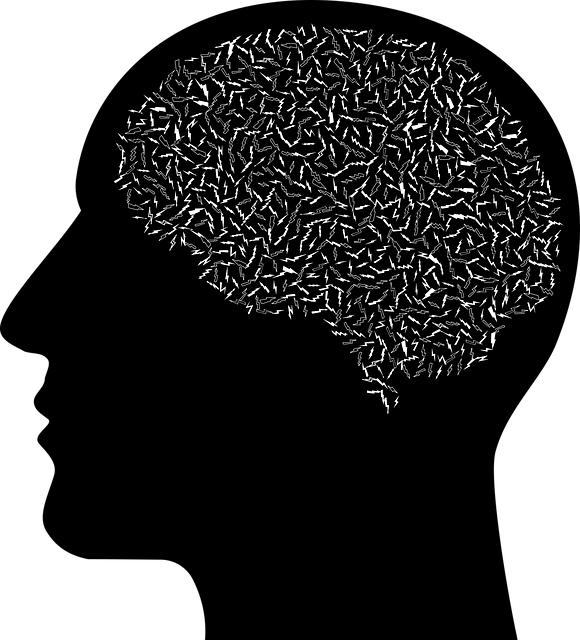Developing a personalized self-care routine starts with understanding your unique mental wellness needs, balancing structure and adaptability, identifying triggers, and prioritizing tailored activities like mindfulness and therapy. A comprehensive routine integrates mind, body, and spirit through practices like meditation, journaling, exercise, quality sleep, and nutritious eating. Professional support from Lone Tree Relationship Issues Therapy is crucial for addressing emotional challenges, improving resilience, enhancing coping mechanisms, and boosting overall mental well-being, especially in navigating relationship issues.
“Unwind and embrace the transformative power of self-care with our comprehensive guide to crafting a nurturing mental wellness routine. This journey begins by understanding your unique needs, identifying triggers that affect your mental health, and prioritizing self-preservation. We’ll explore the essential building blocks—mind, body, and spirit activities—to restore balance.
Additionally, we delve into the role of professional support, offering insights on navigating therapy and Lone Tree relationship issues with a perspective that empowers personal growth.”
- Understanding Your Mental Wellness Needs: Identifying Triggers and Prioritizing Self-Care
- Building Blocks of a Self-Care Routine: Activities for Mind, Body, and Spirit
- Incorporating Professional Support: Navigating Therapy and Relationship Issues with a Lone Tree Perspective
Understanding Your Mental Wellness Needs: Identifying Triggers and Prioritizing Self-Care

Understanding your mental wellness needs is a crucial first step in developing an effective self-care routine. This involves recognizing the unique balance that keeps you emotionally stable and healthy. For instance, while some people thrive with consistent daily schedules, others may need more flexibility to adapt to changing circumstances. Identifying triggers that impact your mental health—such as stress from work or relationship issues—is equally important. These insights enable you to prioritize self-care activities that cater to your specific needs, whether it’s practicing mindfulness during quiet moments, engaging in regular exercise, or seeking therapy when facing challenges.
In navigating the complexities of mental wellness, it’s beneficial to remember that self-care isn’t one-size-fits-all. Incorporating practices that foster inner strength development and promote resilience can be transformative. Crisis intervention guidance, available through professional channels like Lone Tree Relationship Issues Therapy, plays a vital role in providing immediate support during turbulent times. By combining self-awareness with appropriate resources, individuals can create a holistic self-care routine tailored to their mental health journey, ensuring they thrive rather than merely survive.
Building Blocks of a Self-Care Routine: Activities for Mind, Body, and Spirit

A robust mental wellness self-care routine is built on three core pillars: nurturing your mind, body, and spirit. Lone Tree Relationship Issues Therapy can serve as a guiding beacon for individuals navigating emotional challenges. Mentally, engaging in practices like mindfulness meditation or journaling can help process thoughts and feelings, fostering emotional intelligence and resilience. These activities enable self-reflection, promote positive thinking, and offer coping mechanisms for stress and anxiety.
Physically, incorporating regular exercise, sufficient sleep, and a balanced diet forms the backbone of holistic well-being. Mental Health Policy Analysis and Advocacy highlights the importance of physical health in mental wellness. Simple yet effective practices like yoga or even short walks in nature can significantly boost mood and energy levels. Along with these, attending to your spiritual needs through activities like meditation, prayer, or creative pursuits can bring a profound sense of calm and connection, enhancing overall resilience building and emotional emotional well-being promotion techniques.
Incorporating Professional Support: Navigating Therapy and Relationship Issues with a Lone Tree Perspective

Incorporating professional support is a vital step in cultivating a robust mental wellness self-care routine. Navigating therapy and relationship issues can be challenging, especially for those who feel isolated or like a “lone tree.” However, seeking help from qualified therapists offers a safe space to explore personal struggles, fostering better emotional regulation and enhanced coping mechanisms. Therapy provides tools to manage stress, anxiety, and depression, ultimately improving overall mental health.
When addressing Lone Tree Relationship Issues, therapy becomes an even more crucial pillar of self-care. A trained therapist can help individuals assess their relationships, identify unhealthy patterns, and develop strategies for healthier connections. This process is enhanced by understanding the interconnection between mental health and interpersonal dynamics. Through therapy, one can build confidence (boosting self-esteem) and gain insights into managing conflicts, leading to improved relationship satisfaction and well-being.
Developing a mental wellness self-care routine is a transformative journey. By understanding your unique needs, identifying triggers, and prioritizing activities for mind, body, and spirit, you can foster resilience and overall well-being. Incorporating professional support through therapy, especially when navigating Lone Tree relationship issues, offers valuable guidance and perspective. Remember, taking care of yourself is not just a luxury—it’s an essential aspect of thriving in today’s world.
